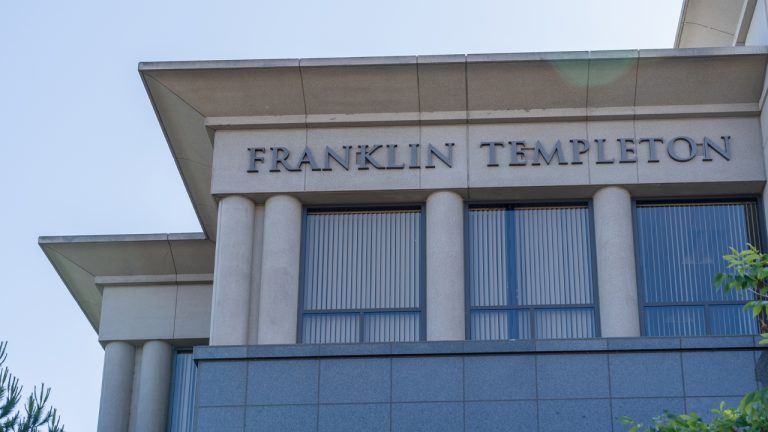A new partnership between a development bank, a nongovernmental organization (NGO) and a tech corporation is eyeing the creation of a blockchain-based identity system to improve financial inclusion in Buenos Aires.
IDB Lab (the Innovation Laboratory of the Inter-American Development Bank Group), NGO Bitcoin Argentina and the Argentine subsidiary of NEC Corporation announced they had signed a memorandum of understanding to pursue the project on Aug. 26.
Using blockchain to tackle the poverty penalty
As NEC’s news release outlines, data from the Buenos Aires City Government reveals that 16.2% of the city’s inhabitants live below the poverty line.
This economic hardship is in turn associated with a phenomenon known as the poverty penalty, which implies that disadvantaged sectors of the population shoulder relatively higher costs to access goods and services — particularly when it comes to financial services.
The three partners argue that incomplete and/or inaccurate data is a key part of this problem — exacerbating financial exclusion and raising barriers for individuals attempting to enter the market.
They believe blockchain technology can provide a secure and reliable registration of data on the identity and behavior of individuals while preserving privacy and granting citizens control over its circulation.
It is envisioned that the blockchain-powered identity system will provide unbanked individuals with a digital wallet that allows them to store and make payments and remittances while building a transaction history,
The partners have agreed to cooperate on the project for four years — with an initial focus on the Buenos Aires neighbourhood, Barrio 31, before further expansion.
NGO Bitcoin Argentina — tasked with spearheading the project’s execution — is reportedly receiving financial backing from IDB Lab, Accenture and IOV Labs.
NEC Argentina will serve as a technological partner and contribute to the development of the digital identity solution, as well as its integration into public and private third-party projects.
“A radical change in the management of trust”
In a statement, NGO Bitcoin Argentina president Rodolfo Andragnes said:
“One of the main objectives of this project is to demonstrate with concrete cases that the blockchain represents a radical change in the management of trust, of relations between the inhabitants of a community, and also enhances the efficiency of processes.”
Earlier this month, Cointelegraph reported that Bitcoin (BTC) was trading at a 4% premium in Argentina as a sharp currency devaluation sent citizens running for a safe haven.




